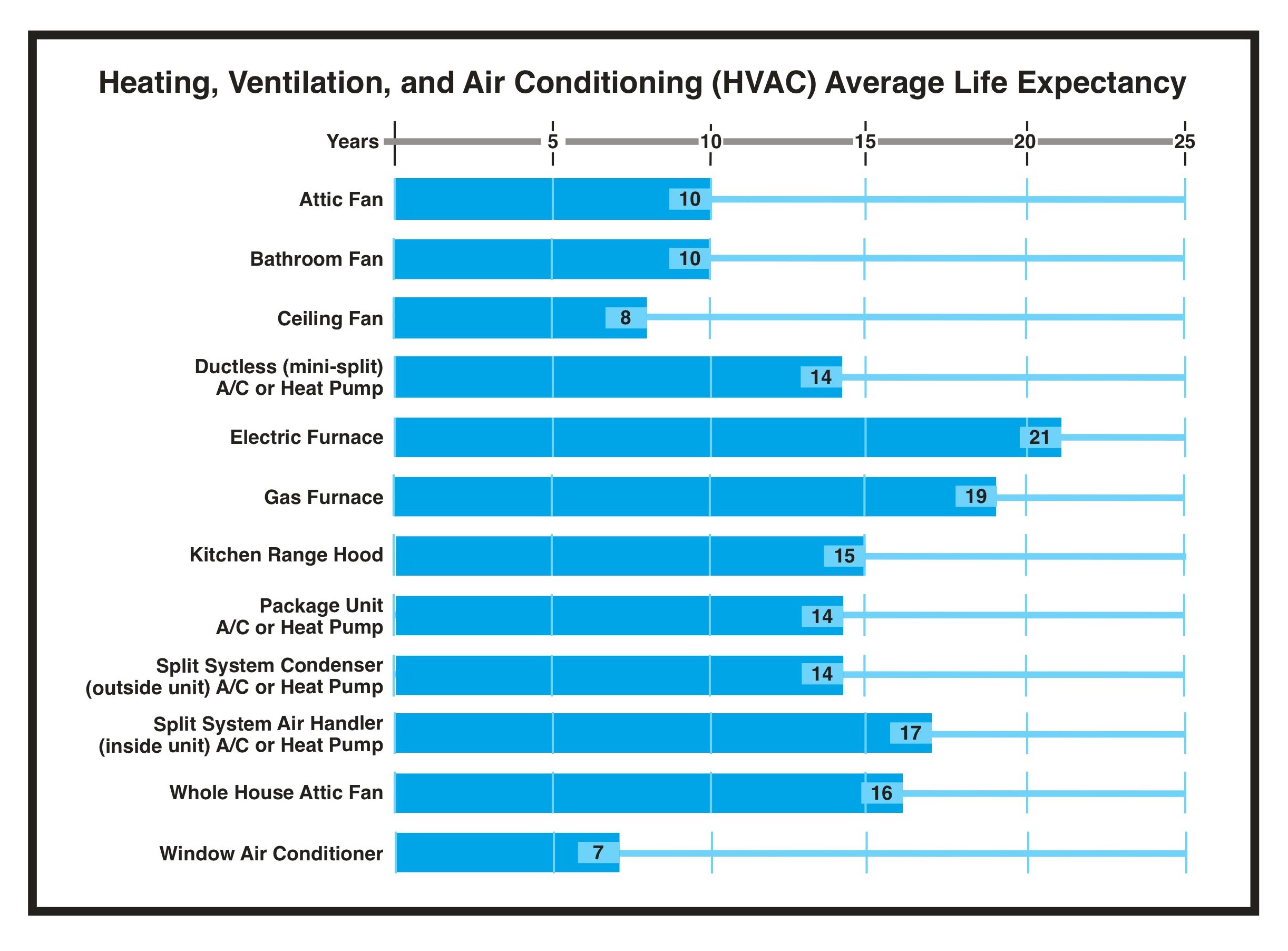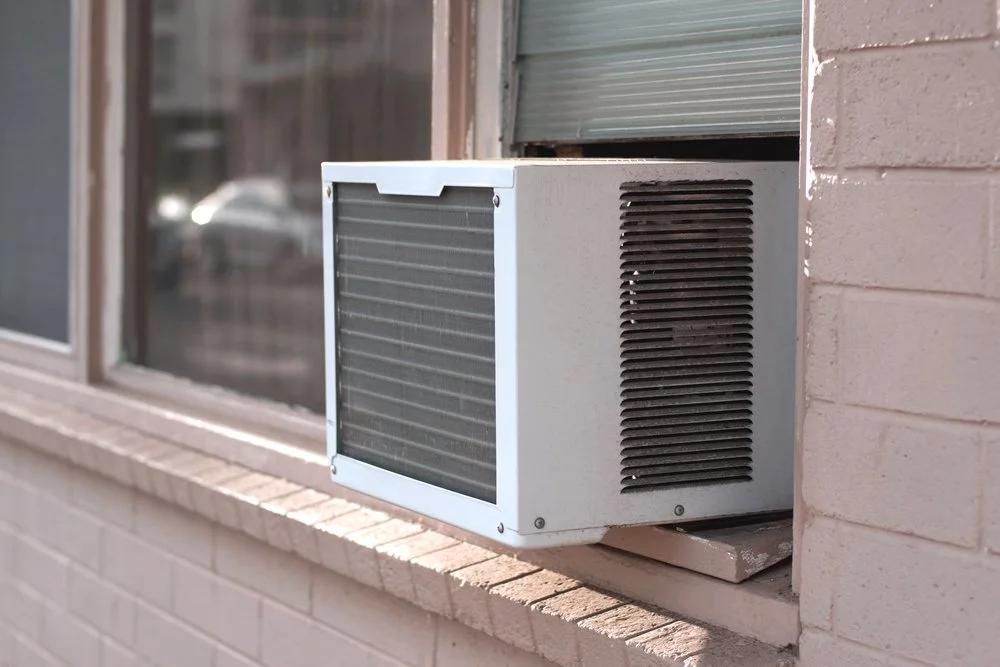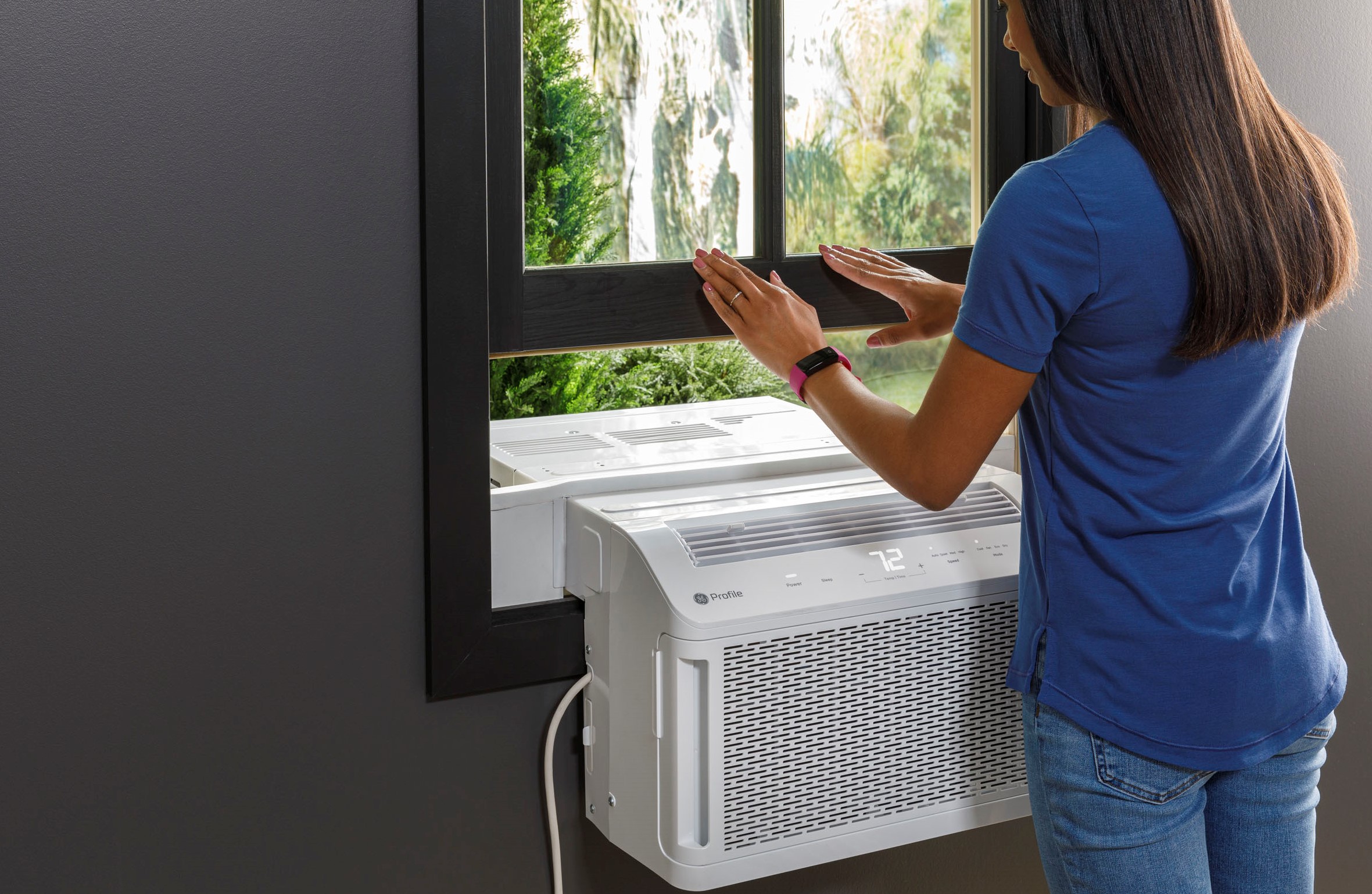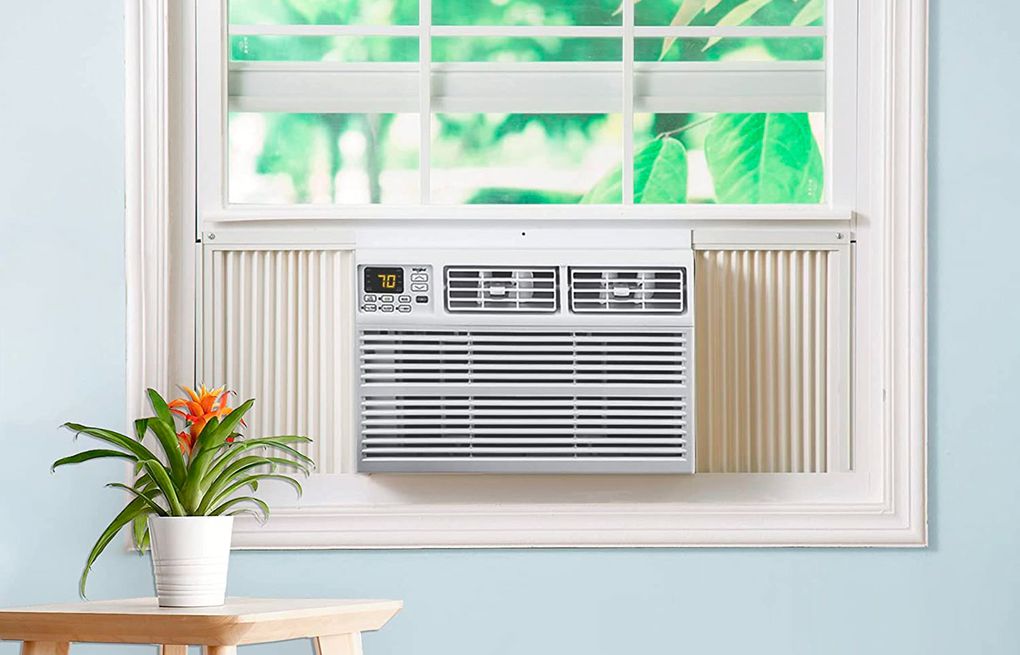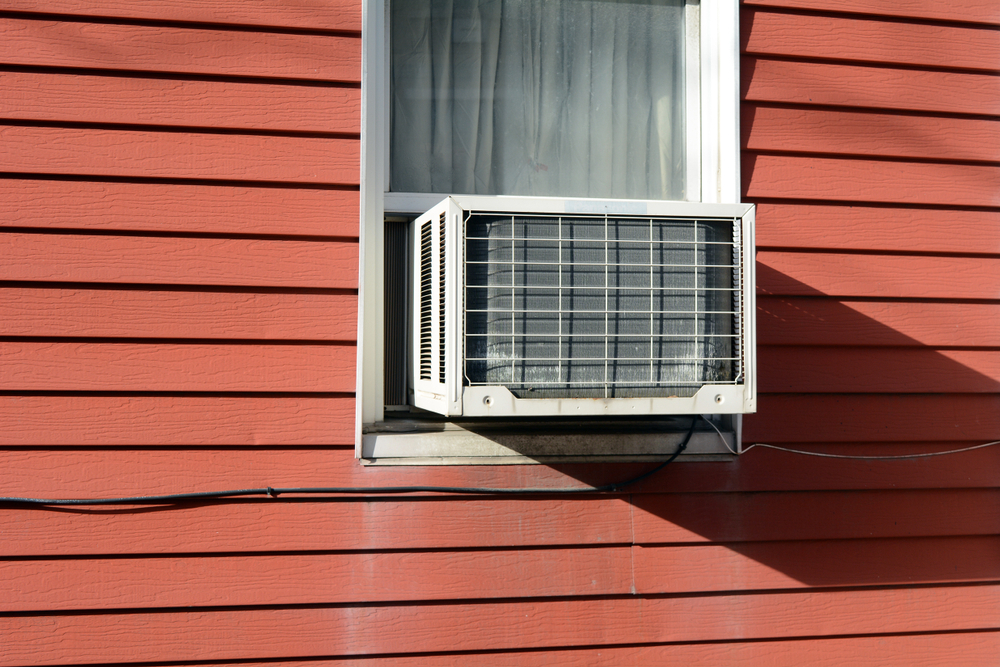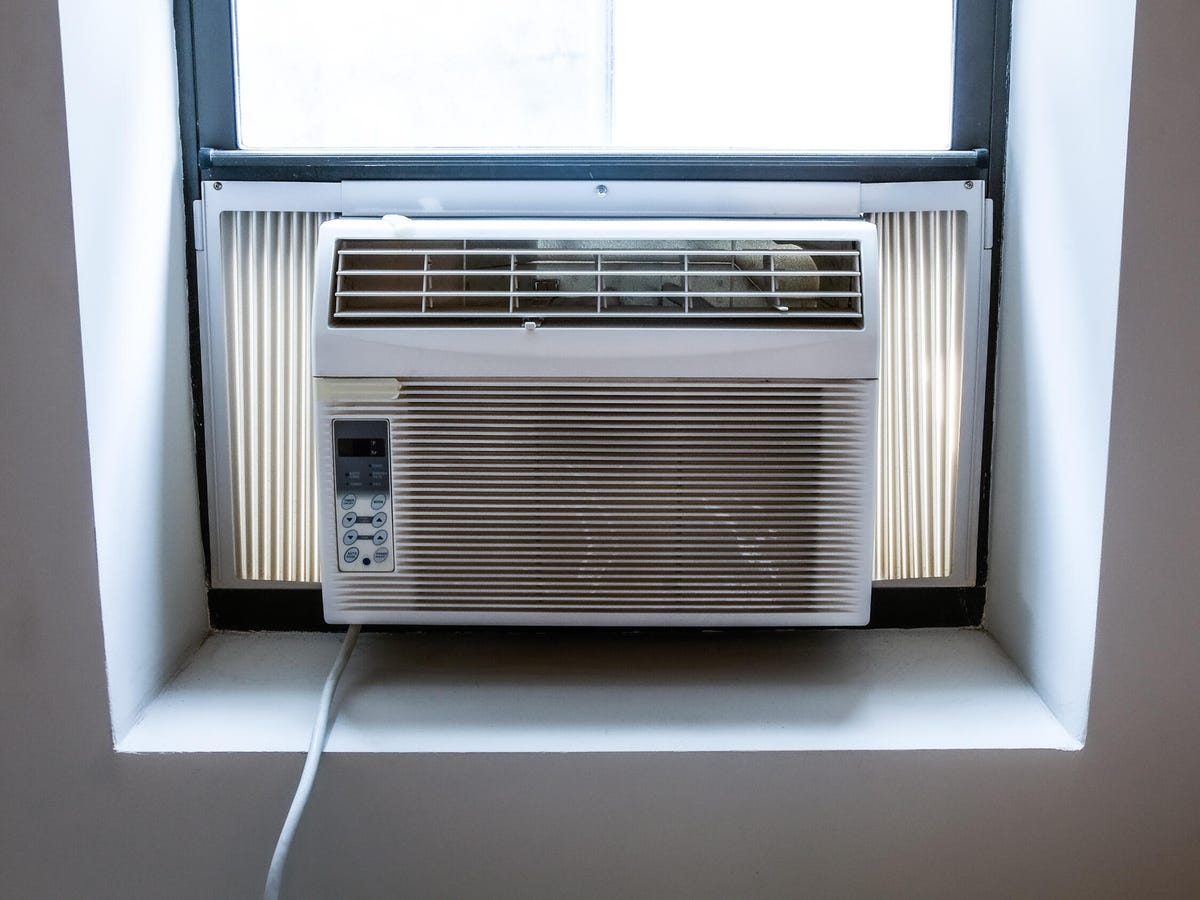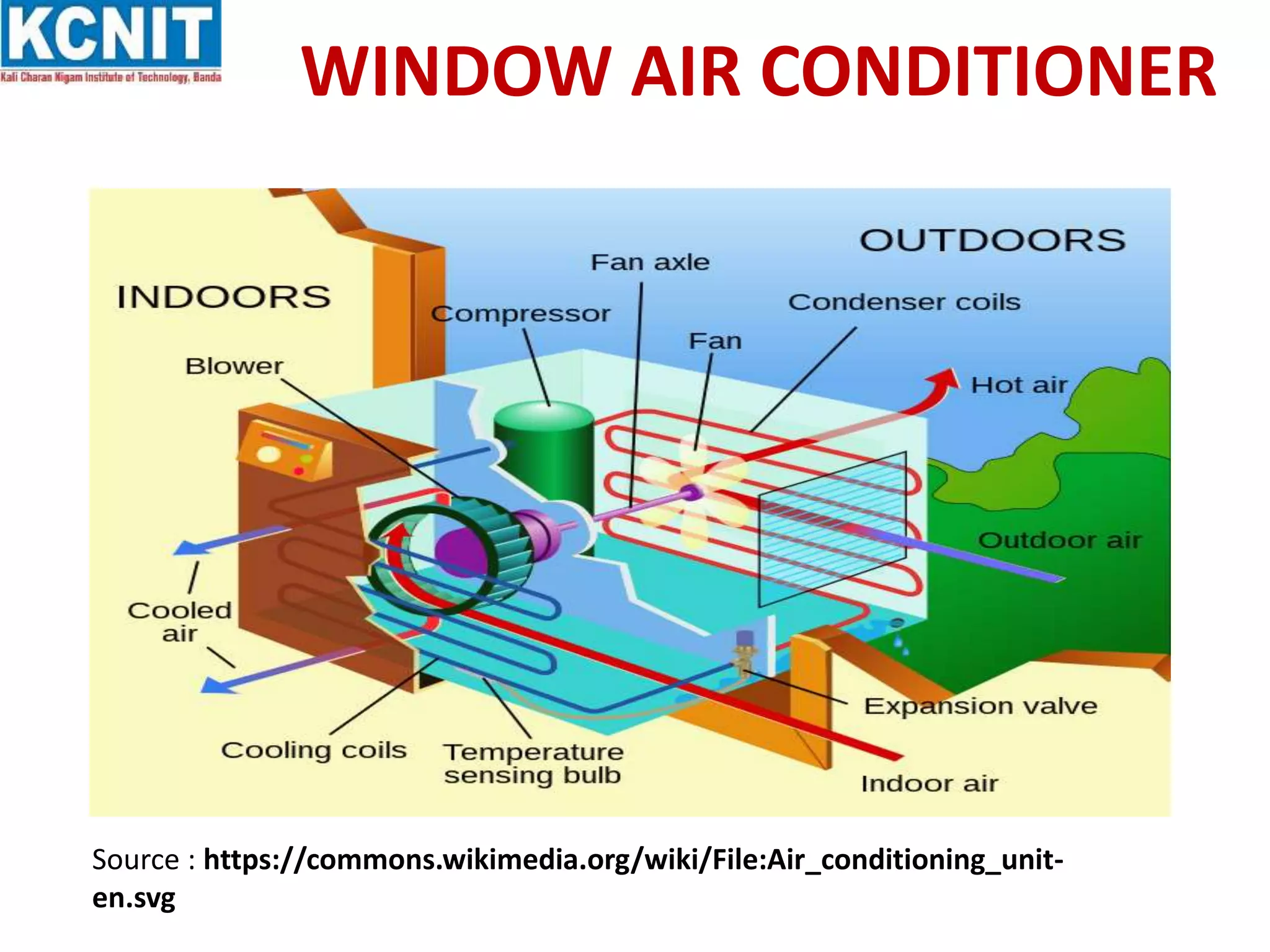Average Life Of A Window Air Conditioner

Frequently Asked Questions: Average Life of a Window Air Conditioner
Window air conditioners are a popular and affordable cooling solution for many homes and apartments. Understanding their lifespan and factors affecting it can help you make informed decisions about maintenance, repair, and replacement. This FAQ aims to answer your common questions about the longevity of these appliances.
Q1: What is the average lifespan of a window air conditioner?
The average lifespan of a window air conditioner is typically 8 to 10 years. However, this is just an average. Some units may last longer, while others may fail sooner. The actual lifespan depends on several factors, including usage, maintenance, and the quality of the unit.
Q2: What factors can affect how long a window air conditioner lasts?
Several factors can influence the lifespan of your window air conditioner. Here are some of the most significant:
- Usage: Frequent and prolonged use, especially during periods of extreme heat, puts more strain on the unit and can shorten its lifespan. If you only use it occasionally, it will likely last longer.
- Maintenance: Regular cleaning and maintenance, such as cleaning the filter, cleaning the coils, and checking for leaks, are crucial for extending the life of your AC unit. Neglecting maintenance leads to reduced efficiency and potential component failure.
- Quality: Higher-quality units made with durable components are generally more reliable and have a longer lifespan than cheaper models. Look for Energy Star certified units for better efficiency and potentially longer life.
- Environment: Dusty or polluted environments can clog the filters and coils more quickly, leading to overheating and reduced performance. Coastal environments with high humidity and salt air can also corrode the unit over time.
- Installation: Proper installation is critical. An improperly installed unit may vibrate excessively, strain components, and reduce efficiency. Make sure the unit is securely mounted and properly sealed to prevent air leaks.
- Voltage Fluctuations: Frequent power surges or voltage fluctuations can damage the electrical components of the air conditioner. Consider using a surge protector to safeguard your unit.
- Climate: The climate you live in plays a role. In regions with long, hot summers, the unit will be used more frequently and potentially experience more wear and tear.
Q3: How can I extend the life of my window air conditioner?
Extending the lifespan of your window AC unit is possible with proper care and maintenance. Here are some tips:
- Clean the Filter Regularly: This is the most important maintenance task. Clean the air filter every 2-4 weeks, or more often if you live in a dusty environment. A dirty filter restricts airflow, making the unit work harder and potentially causing it to overheat.
- Clean the Coils: At least once a year, clean the evaporator and condenser coils. These coils can accumulate dust and debris, reducing their ability to transfer heat. You can use a vacuum cleaner with a brush attachment or a specialized coil cleaner.
- Inspect and Clean the Unit: Regularly inspect the unit for any signs of damage or leaks. Clean the exterior of the unit with a damp cloth to remove dirt and grime.
- Ensure Proper Ventilation: Make sure the area around the unit is free of obstructions that could block airflow. Keep furniture, curtains, and other items away from the unit.
- Seal Air Leaks: Seal any gaps or cracks around the window frame to prevent air leaks. This will improve the unit's efficiency and reduce the strain on its components.
- Use a Surge Protector: Protect your unit from power surges and voltage fluctuations by using a surge protector.
- Consider a Cover During Off-Season: When the unit is not in use, consider covering it to protect it from the elements, dust, and debris.
- Run the Fan Only: When it's not too hot, use the fan-only setting to circulate air without running the compressor. This saves energy and reduces wear and tear on the unit.
- Professional Maintenance: Consider having a professional HVAC technician inspect and service your unit every few years. They can identify potential problems and perform more in-depth cleaning and maintenance.
Q4: What are the signs that my window air conditioner is nearing the end of its life?
Knowing the signs of a failing window AC unit can help you prepare for a replacement. Here are some common indicators:
- Reduced Cooling Performance: If the unit is no longer cooling as effectively as it used to, even after cleaning the filter and coils, it may be nearing the end of its life.
- Strange Noises: Unusual noises, such as rattling, buzzing, or grinding, can indicate a problem with the motor, compressor, or other components.
- Increased Energy Bills: A sudden increase in your energy bills could be a sign that the unit is working harder to cool the room, indicating reduced efficiency.
- Frequent Repairs: If you find yourself needing to repair the unit frequently, it may be more cost-effective to replace it.
- Leaking Water: While some condensation is normal, excessive leaking can indicate a problem with the drainage system or other internal components.
- Unpleasant Odors: Foul or musty odors coming from the unit can indicate mold or mildew growth.
- Age: If your unit is older than 10 years, it's likely nearing the end of its expected lifespan, even if it's still functioning.
Q5: Is it better to repair or replace a failing window air conditioner?
The decision to repair or replace a failing window air conditioner depends on several factors, including the age of the unit, the cost of repairs, and the potential energy savings of a new unit.
- Age: If the unit is older than 8 years, it may be more cost-effective to replace it, as other components may soon fail.
- Repair Costs: If the cost of repairs is more than half the cost of a new unit, it's generally better to replace it.
- Energy Efficiency: Newer units are often more energy-efficient than older models, which can save you money on your energy bills. Look for Energy Star certified units for the best energy efficiency.
- Refrigerant Type: Older units may use R-22 refrigerant, which is being phased out due to its environmental impact. If your unit uses R-22 and needs a refrigerant recharge, replacement may be a better option.
- Warranty: Check if your unit is still under warranty. If it is, the repair may be covered.
Consider the long-term cost savings and environmental benefits of a new, energy-efficient unit when making your decision.
Q6: How much does it cost to replace a window air conditioner?
The cost of replacing a window air conditioner varies depending on several factors, including the size of the unit, its features, and the brand. Smaller units for smaller rooms can cost as little as $150, while larger, more powerful units can cost upwards of $500 or more. Energy Star-rated models tend to be slightly more expensive upfront but can save you money on energy bills over time.
Consider the following factors when budgeting for a replacement:
- BTU Rating: The BTU (British Thermal Unit) rating indicates the cooling capacity of the unit. Choose a unit with the appropriate BTU rating for the size of the room you need to cool. A unit that is too small will struggle to cool the room effectively, while a unit that is too large will cycle on and off frequently, wasting energy.
- Features: Some units come with features such as remote controls, timers, sleep modes, and energy-saving modes. These features can add to the cost of the unit.
- Brand: Well-known and reputable brands often charge more for their products but may offer better quality and reliability.
- Installation: While most window AC units are designed for DIY installation, you may need to hire a professional if you are not comfortable installing it yourself. Factor in the cost of installation if necessary.
- Disposal Fee: There may be a fee for disposing of your old air conditioner. Check with your local waste management services for information on proper disposal.
Shop around and compare prices from different retailers to find the best deal. Look for sales and promotions, especially during the off-season.
Q7: What BTU size window AC unit do I need?
Choosing the right BTU (British Thermal Unit) size for your window AC unit is crucial for efficient and effective cooling. A unit that is too small will struggle to cool the room adequately, while a unit that is too large will cycle on and off frequently, wasting energy and potentially leading to humidity problems.
Here's a general guideline for determining the appropriate BTU size based on room size:
- 100-150 square feet: 5,000 BTU
- 150-250 square feet: 6,000 BTU
- 250-300 square feet: 7,000 BTU
- 300-350 square feet: 8,000 BTU
- 350-400 square feet: 9,000-10,000 BTU
- 400-450 square feet: 10,000 BTU
- 450-550 square feet: 12,000 BTU
- 550-700 square feet: 14,000 BTU
These are just general guidelines. You may need to adjust the BTU size based on the following factors:
- Sun Exposure: Rooms with a lot of sun exposure will require a larger BTU unit. Add 10% to the BTU recommendation for sunny rooms.
- Shade: Rooms with heavy shade may require a smaller BTU unit. Subtract 10% from the BTU recommendation for heavily shaded rooms.
- Number of People: If the room is frequently occupied by multiple people, add 600 BTU for each additional person.
- Kitchen: If the unit is used in a kitchen, add 4,000 BTU.
- Insulation: Poorly insulated rooms will require a larger BTU unit.
It's always better to err on the side of slightly too large than too small. A slightly larger unit will cool the room more quickly and efficiently, while a unit that is too small will struggle to maintain a comfortable temperature.

